It’s our national vocation, weaved into the fibres of our very identity, but is a cold one really all its cracked up to be? With Australia’s once-booming brewery scene starting to fall flat, all is not well in the world of beer.
As a country, we’ve enjoyed a stellar beer boom over the last decade, and it’s been a firmly grassroots movement. The arrival of new industry players in the early 2010s disrupted a category that for years had been dominated by large-scale producers, and the industry impacts were widespread. In 2019, Coastal favourite Balter Brewing was snapped up by Carlton & United Brewing for an undisclosed sum, while Stone & Wood was acquired by beer giant Lion just two years later, signalling a sweeping change in consumer preferences.
In recent times, however, the beer boom is turning to bust. Data from the Federal Government released in 2023 revealed that Aussies are drinking less beer per capita now than they have in almost 80 years. The shift in consumption, coupled with the realities of running independent stills, is catching up with even some of the country’s favourite drinks producers. Wayward Brewery collapsed into insolvency at the start of 2024, and it was the first domino in a long line of breweries unable to keep up with the soaring cost of ingredients, transport, and a massive spike in electricity costs.
It can’t all be bad though, can it? No, it’s not. In fact, there are still quite a few breweries in Australia making it work, and some are turning to new ideas to help bolster the business of brewing beer. Just ask Hawke’s Brewing co-founders David Gibson and Nathan Lennon.
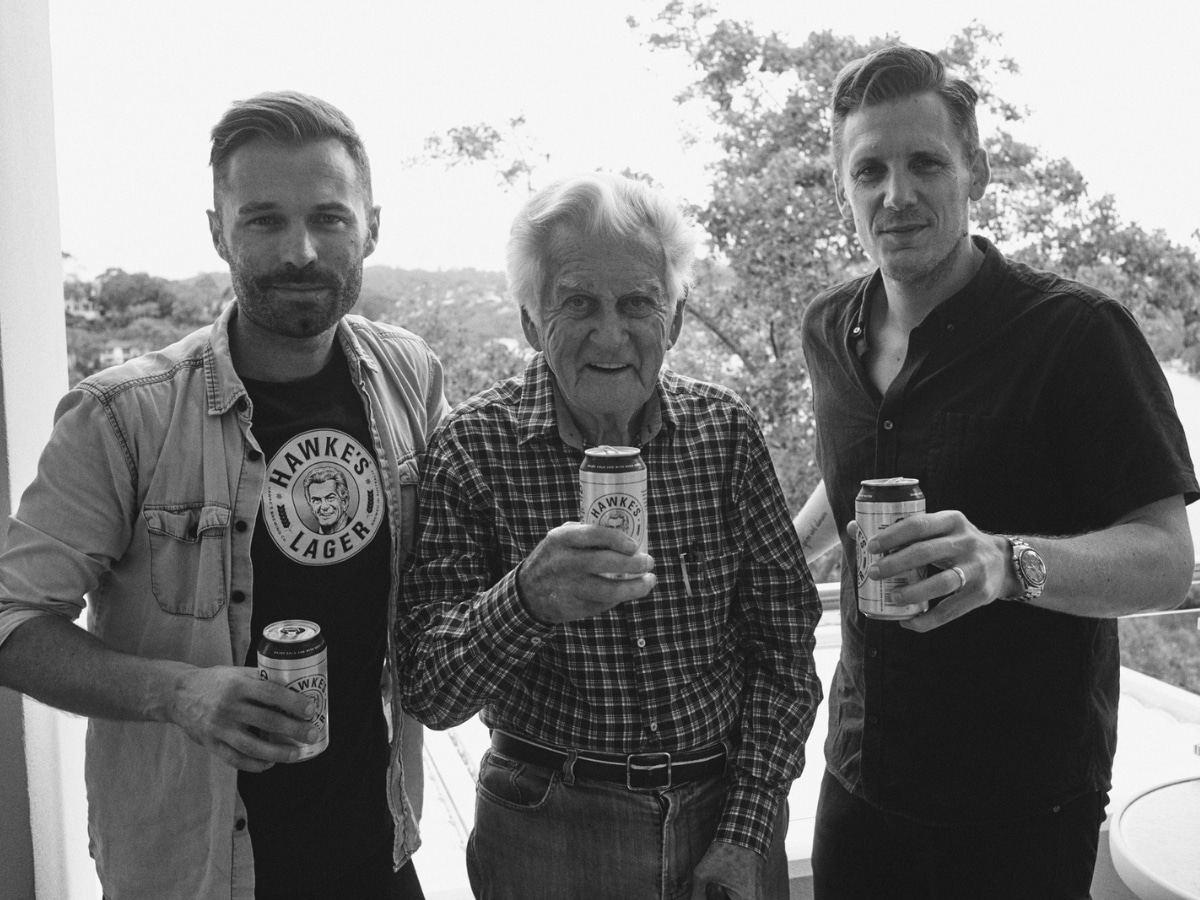
Livin’ La Vida Local
The story of Hawke’s Brewery is pretty well known at this point: two friends drop everything and risk it all on the idea of a lifetime, hinging it on the approval of one of Australia’s most popular former Prime Ministers (not that that’s a hard race to win), Bob Hawke. Obviously, Hawke said yes, and the rest is history. It’s been a wild few years, Hawke’s co-founders David Gibson and Nathan Lennon tell me, but it’s been worth it.
“We have grown a lot, but we also think we have ‘grown up’ a lot,” Gibson says. “Part of growing up is learning to adapt and evolve. What began as a one-product-beer-brand has now grown into something that encompasses an award-winning brewery, as well as a 1980s-inspired hospitality venue and Chinese-Australian restaurant, which seems to have carved itself a place in people’s hearts.”
Succulent Chinese Meal memes aside, Hawke’s shift from purely providing a product to providing a service is something echoed across the industry. For Gibson and Lennon, that change required a huge scaling up of the business, from 15 people to almost 100, and broke the mould as to what they saw Hawke’s as being.
“We didn’t foresee that we would have our own epiphany moment in realising Hawke’s could be much more than a beer brand with a venue attached,” Lennon explains. “It can be an ‘experience brand’ that unfurls a tapestry of stories across so many touchpoints, and that this is just the beginning. That really excites us.”
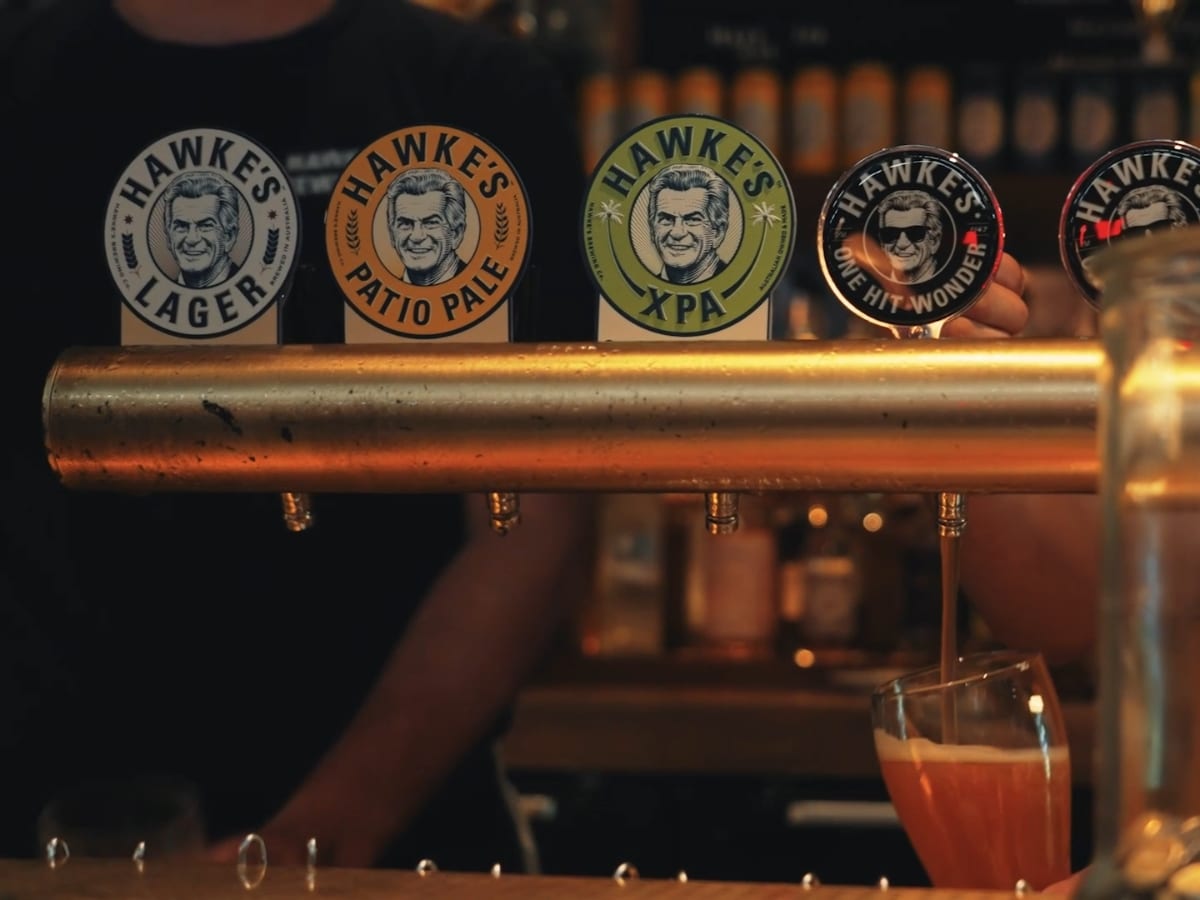
The Bob Hawke Beer & Leisure Centre is purposefully nostalgic: it aims to appear like it could have been your local watering hole if you lived in the 1980s. The goal was to make something that was out of left field and wasn’t what you’d expect from a brewery.
You’ve probably been to a dozen brewery taphouses in your time (I know I have), but the Leisure Centre really is something different. It’s not just a place to sit and hang out with friends over a cold one. It’s a place to have an experience, with a Chinese meal and a brew, that some of us never had. I only lived in the ’80s for five months, and it would have been pretty irresponsible for me to be in any bar at that point.
The experiential factor is the whole point. Beer is beer, and the beer side of the business is still important to Hawke’s founders, but now the brand has become more than just a face on a can. As for the Leisure Centre, it’s unlikely to be Hawke’s only foray into hospitality, with the team already scouting for more potential locations up-and-down the East Coast of Australia.
“Ultimately, our ambition is to have at least one Hawke’s venue in every major city in Australia,” Gibson tells me. “We believe we have a cultural through-line that resonates with so many Australians, no matter where they live, we’re excited by the challenge to execute the nuances that specifically resonate with a Victorian, a Canberran, or our mates up in Queensland.”
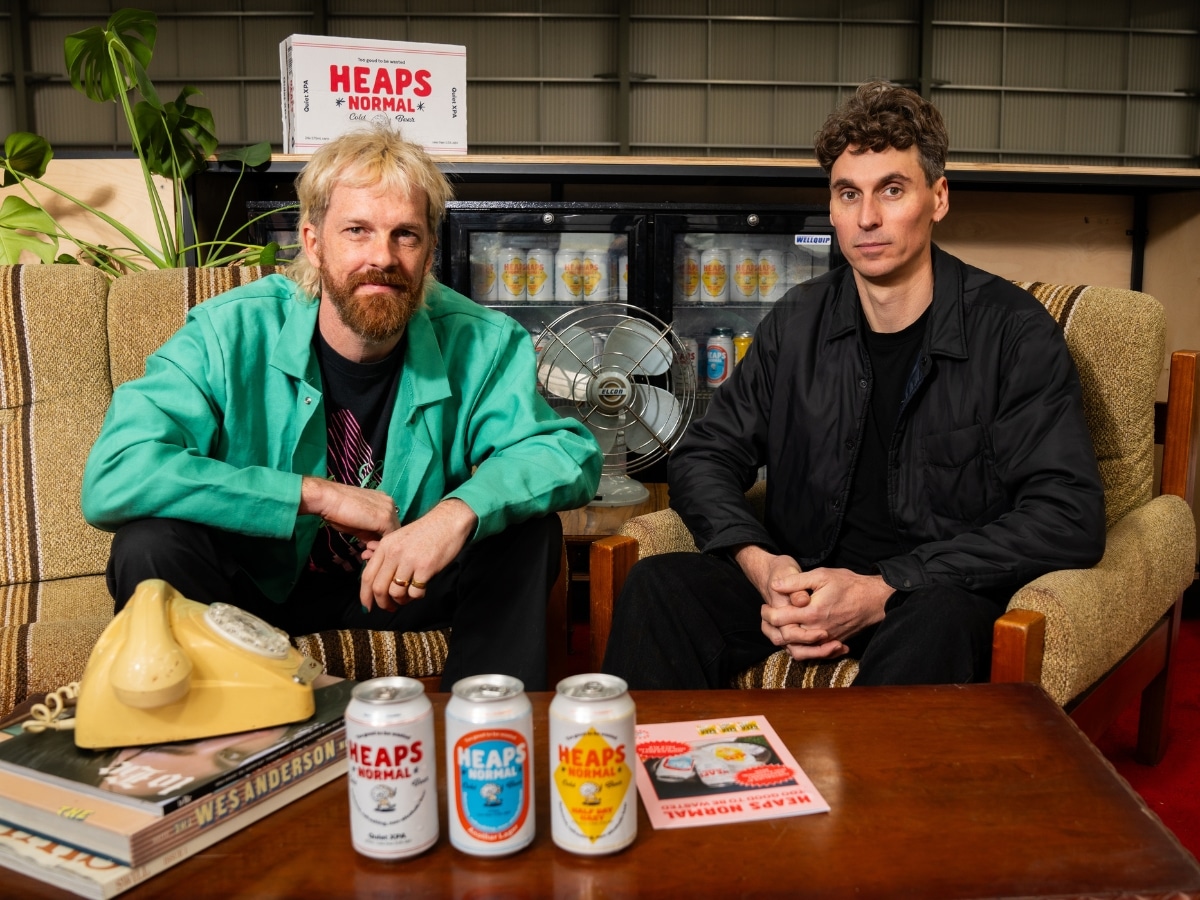
Record Scratch
In saying that, there are more than one way to expand outside of a brand’s comfort zone. Beer is inherently tied to a few things: hot days, cheap meals, and good music. While it’s difficult to expand based on the weather, music is a road that can be travelled: whether it’s easy or not is a different question.
Non-alcoholic beer brand Heaps Normal recently shock-announced a beer-backed indie music label, Heaps Normal Records, that would elevate one small-scale artist each quarter and provide them with the support they need to go from playing the sidewalk to streaming on Spotify.
“Music, like beer, is an expensive business, and smaller-scale acts are often never given a chance because major labels deem them too risky. If you can’t make all the money, you won’t make any.”
Heaps Normal Records seeks to flip that script by helping artists through the recording, touring, and merch side of the process through longstanding partnerships with good folk in the music world. Unified Music Group, for example, will help each act given the Heaps Normal treatment with digital distribution and the management of digital channels, while Impressed Recordings are handling the creation of limited edition vinyls.
Andy Miller, co-founder at Heaps Normal, tells me that the company hadn’t been immune to the cost pressures that are driving other breweries to shutter their doors, but thanks to the growing appetite for non-alcoholic options, Heaps Normal had continued to grow despite it all.
“Heaps Normal has been growing at a healthy rate since the beginning – some of that growth has been slower, and challenging – but I feel like we’ve been really lucky,” Miller says.
And, thanks to that steady growth, the business can afford to do things like help other creators, like musicians, to create something special.
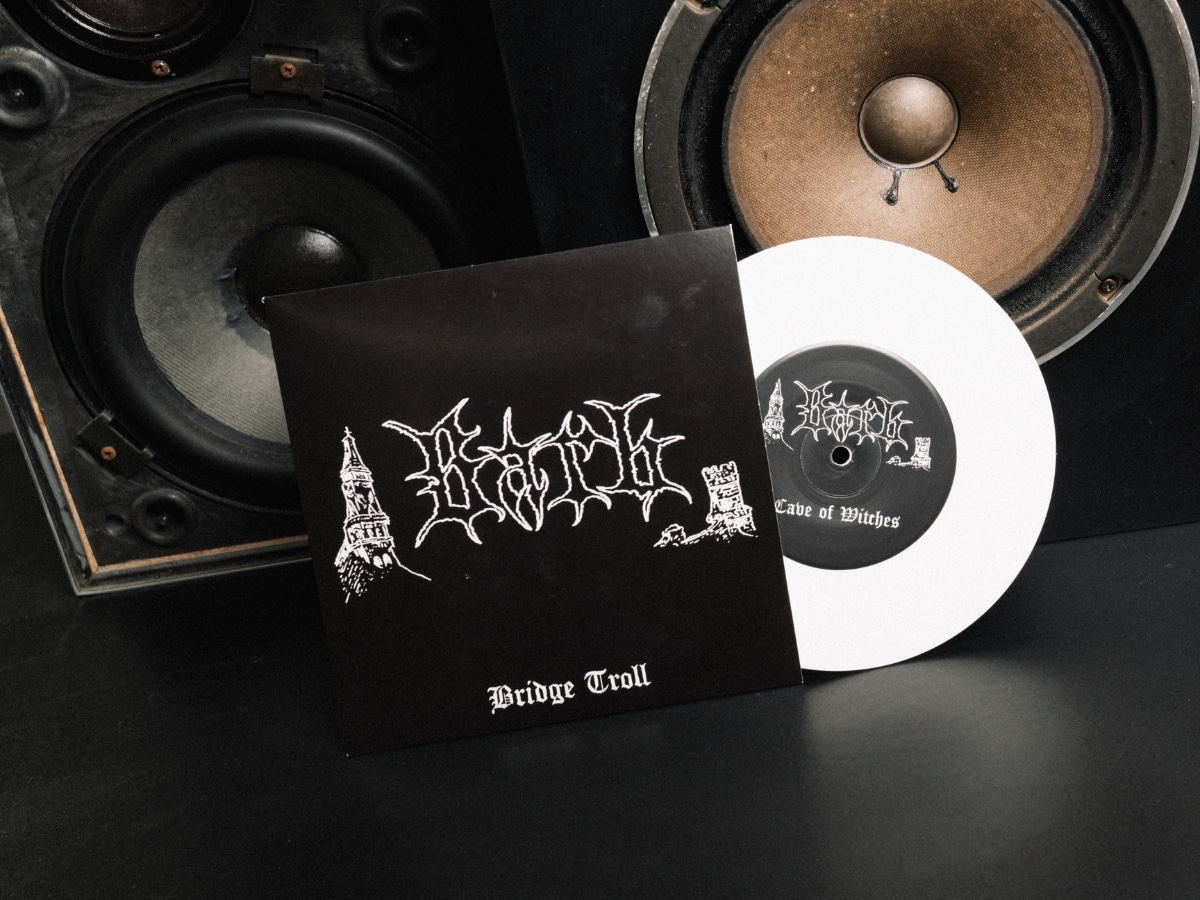
Heaps Normal’s first foray into supporting struggling artists was actually during the COVID-19 pandemic, when it helped facilitate the Isol-Aid online music festival, which brought together artists and fans online for a purely online music festival at a time where going outside was incredibly risky.
Now, it’s taking a more active role.
“We’re working with each artist to tailor it to what they see as valuable, and what they need,” he says.
For example, the first band to receive Heaps Normal Records’ support, Sydney-based space-metal band Barb (pictured below with Heaps Normal co-founder Ben Holdstock), will be able to release a limited-run 7” vinyl record, Bridge Troll, as well as a digital release, and a classic metal-style long-sleeve tee designed by Funeral French, a well-known illustrator in the community.
“I want to make it clear that we don’t want to be a record label, but I think what Heaps Normal Records is aiming to do is to provide an outlet for independent and emerging artists that may not have a record deal yet, and help them to distribute and promote their work in a way that benefits them, without tying them up in deals and contracts that results in little-or-no return to them personally,” he says.
“We’re able to do this because isn’t our core business. This is a passion for us. It’s something that naturally has some flow-on benefits to Heaps Normal through association with some of our favourite artists and stories that we can tell, but it’s not all about commercial returns.”
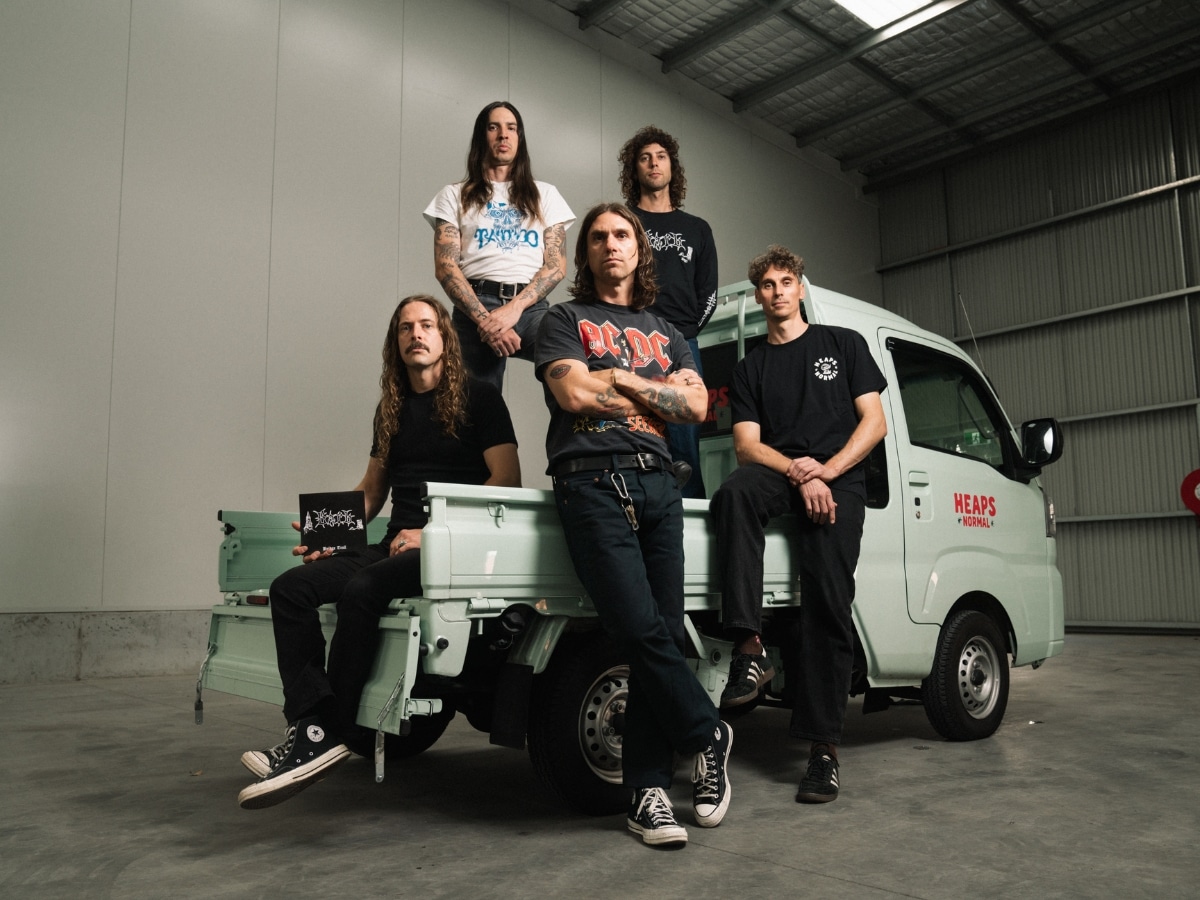
For Heaps Normal, the core non-alc beer business acts as a vehicle for broader conversations and stories it wants to share. It’s been that way ever since it launched its first non-alc beer back in 2020, and has remained so through the past four years.
“It’s part of this approach of developing a lifestyle brand, but we’re trying to that’s more than just something that’s aesthetically driven, but that has some substance behind it, and has something meaningful to say,” Miller says. “ people can find genuine personal relevance in that, that’s the stuff that’s most important to us.”

It’s worth noting that, beyond Heaps Normal Records, the non-alc brand also recently dropped its fourth mainstay beer, the Third IPA, and is working hard on launching its own brewery and taphouse: something that was delayed by the pandemic and the pressures that having continued since.
It’s something Hawke’s co-founders, Lennon and Gibson, see happening further within the beer industry, as more and more players seek to broaden their appeal and tap into local markets.
“We see more breweries investing in their taprooms and venues, and possibly questioning their previous plans for distrubution and growth,” they say. “That’d ensure most remain connected to their local communities, which is a great thing, because every town should have and support its own brewery. It’d be unAustralian not to.”


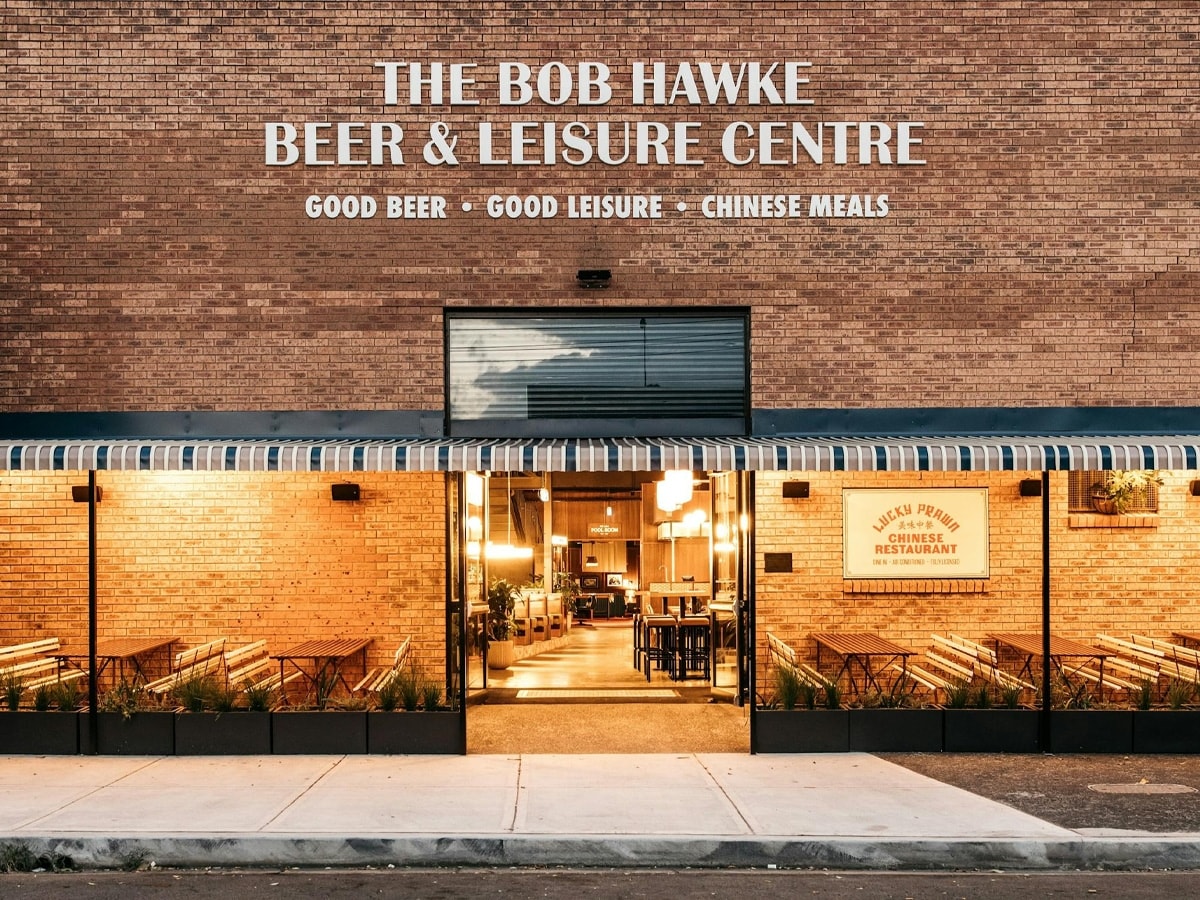

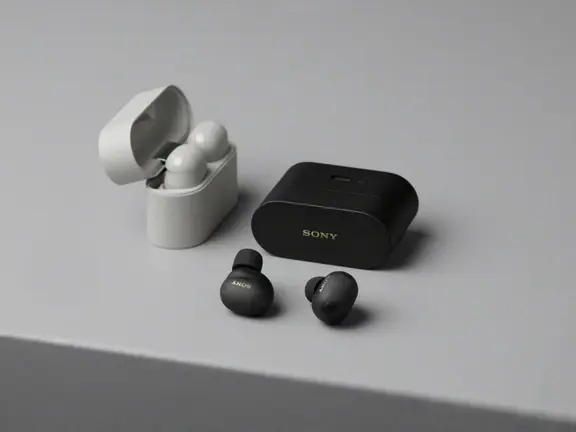

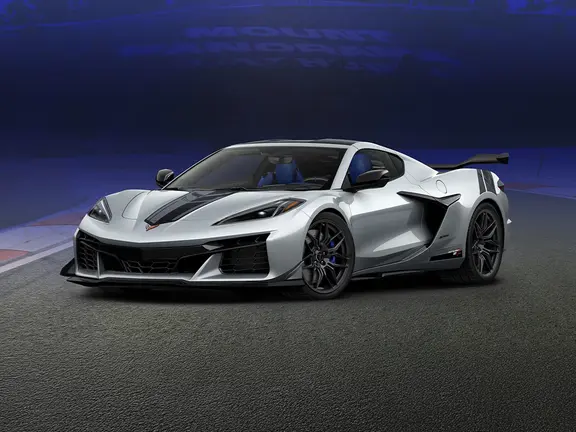

















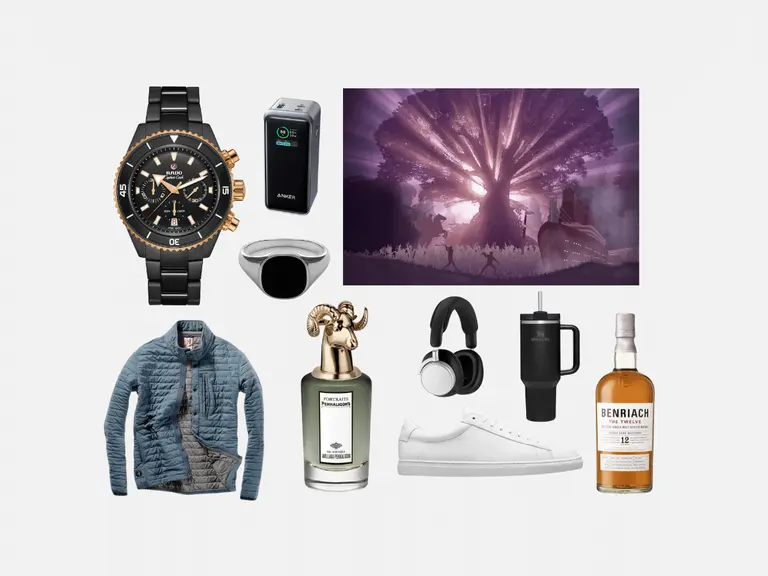







Comments
We love hearing from you. or to leave a comment.